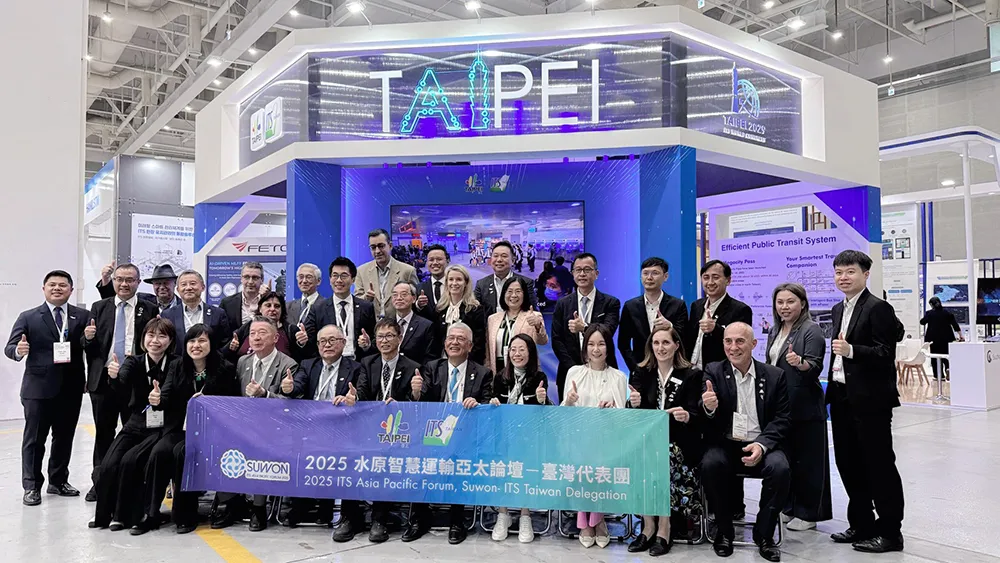The RAAS (Research Alliance for Autonomous Systems) ‘innovation ecosystem’ is designed to bring together research organisations and other stakeholders to develop “new, cross-sector solutions”, with an emphasis on those containing a high level of automation.
The Ministry of Economic Affairs and Employment has put up grant money, with research organisations also funding “a portion of the operation’s costs”.
The RAAS launch partners are
“There are technical, operational issues and business challenges to overcome in the development of autonomous systems, but we also need to resolve a number of questions related to legislation, regulations and social acceptance,” says RAAS coordinator Hannu Karvonen. “An innovation ecosystem like RAAS will let us tackle broad, systemic challenges.”
VTT co-creation manager Ismo Vessonen says: “The initiative for RAAS came from the industry. The availability of a one-stop-shop innovation ecosystem will help companies find solutions to concrete challenges more efficiently. It also gives companies a great opportunity to influence the direction of research in the field.”
Finland pledges to launch autonomous technology research cluster in 2020
Finland plans to launch next year a research cluster which the government hopes will put the country at the forefront of developments in autonomous technology.
The RAAS (Research Alliance for Autonomous Systems) ‘innovation ecosystem’ is designed to bring together research organisations and other stakeholders to develop “new, cross-sector solutions”, with an emphasis on those containing a high level of automation.
The Ministry of Economic Affairs and Employment has put up grant money, with research or
February 4, 2019
Read time: 2 mins
Finland plans to launch next year a research cluster which the government hopes will put the country at the forefront of developments in autonomous technology.








